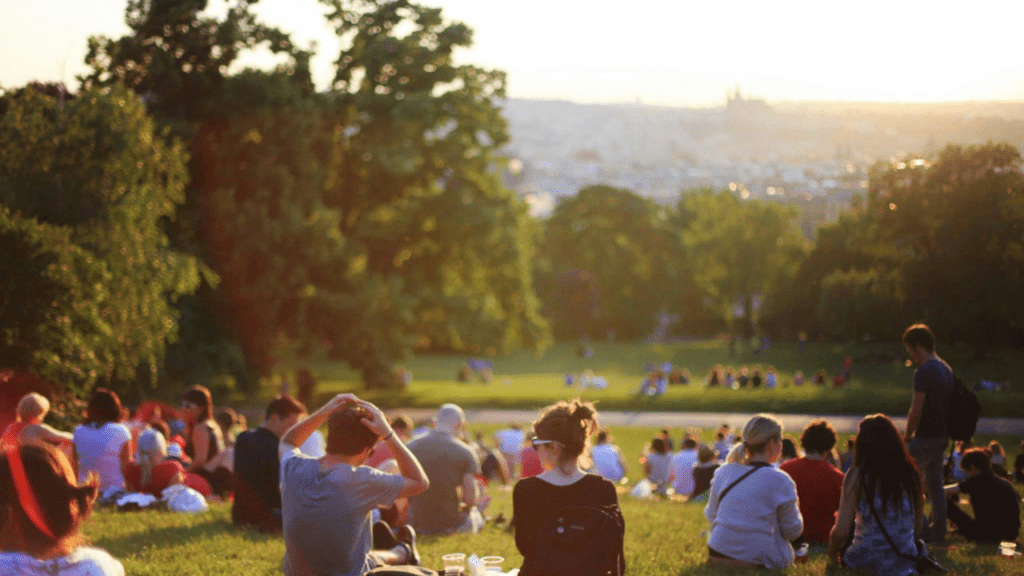Addiction recovery is a multifaceted journey that encompasses various therapeutic approaches. Among these, recreational therapy has emerged as a powerful tool in supporting individuals on their path to sobriety. This article explores the significant role that recreational therapy plays in addiction recovery, its numerous benefits, and how it complements traditional treatment methods.
Understanding Recreational Therapy in Addiction Treatment
Recreational therapy, also known as therapeutic recreation, is a systematic process that utilizes recreation and other activity-based interventions to address the assessed needs of individuals with illnesses or disabling conditions, as a means to psychological and physical health, recovery and well-being.
In the context of addiction treatment, recreational therapy aims to:
- Improve physical and mental health
- Enhance social skills and build supportive relationships
- Develop healthy leisure activities to replace substance use
- Boost self-esteem and self-efficacy
- Reduce stress and improve overall quality of life

Types of Recreational Activities in Addiction Therapy
Recreational therapy encompasses a wide range of activities, each offering unique benefits to individuals in recovery. Some common forms include:
Sports and Physical Activities
Engaging in sports and physical activities can help individuals in recovery improve their physical health, release endorphins, and develop a sense of teamwork and camaraderie. Activities might include:
- Team sports (basketball, volleyball, soccer)
- Individual sports (swimming, running, cycling)
- Fitness classes (yoga, pilates, strength training)
Outdoor Adventures
Nature-based activities can provide a sense of peace, challenge, and connection with the environment. These might include:
- Hiking and nature walks
- Kayaking or canoeing
- Rock climbing
- Camping trips
Games and Cognitive Activities
Games that challenge the mind can help improve cognitive function and provide enjoyable social interactions. Examples include:
- Board games and card games
- Puzzle-solving activities
- Strategy games
- Trivia contests
Social Outings and Cultural Activities
These activities help individuals reintegrate into society and develop social skills in substance-free environments:
- Museum visits
- Attending concerts or performances
- Group cooking classes
- Community service projects
Benefits of Recreational Therapy in Addiction Recovery
Improved Physical Health
Many individuals entering addiction treatment are in poor physical health due to the effects of substance abuse. Recreational therapy, particularly through sports and outdoor activities, can help:
- Improve cardiovascular health
- Increase strength and flexibility
- Enhance coordination and balance
- Boost overall energy levels
Stress Reduction and Emotional Regulation
Engaging in enjoyable activities can significantly reduce stress levels, a crucial factor in preventing relapse. Recreational therapy helps individuals:
- Learn healthy ways to manage stress
- Improve mood and reduce symptoms of anxiety and depression
- Develop emotional resilience
Social Skills Development
Addiction often leads to isolation and deterioration of social skills. Recreational therapy provides opportunities to:
- Practice communication and interpersonal skills
- Build trust and form healthy relationships
- Learn teamwork and cooperation
Discovery of Healthy Hobbies
A key challenge in recovery is finding activities to replace substance use. Recreational therapy introduces individuals to a variety of potential hobbies that can:
- Provide a sense of purpose and fulfillment
- Offer healthy ways to spend leisure time
- Create opportunities for ongoing personal growth
Enhanced Self-Esteem and Self-Efficacy
Mastering new skills and overcoming challenges through recreational activities can significantly boost self-esteem. This increased confidence often translates to other areas of recovery, enhancing overall treatment outcomes.
Complementing Traditional Treatment Methods
Recreational therapy doesn’t replace traditional addiction treatment methods but rather enhances them. It complements other therapeutic approaches by:
- Providing practical applications for skills learned in cognitive-behavioral therapy
- Offering opportunities to practice mindfulness techniques in real-world settings
- Creating scenarios for role-playing and social skills practice
- Reinforcing the importance of self-care and balanced lifestyle
Research has shown that integrating recreational therapy into comprehensive treatment programs can lead to improved treatment outcomes, including higher rates of treatment completion and longer periods of sustained recovery.

Destination Hope’s Recreational Therapy Program
At Destination Hope, we recognize the vital role that recreational therapy plays in the recovery process. Our comprehensive program incorporates a variety of recreational activities designed to support our clients’ journey to sobriety.
Specific Activities Offered
Our recreational therapy program includes:
- Fitness classes, including yoga
- Organized sports
- Art and music workshops
Integration with Other Treatment Aspects
Recreational therapy at Destination Hope is not a standalone service but an integral part of our holistic treatment approach. We ensure that:
- Recreational activities are tailored to individual treatment plans
- Therapists and recreational specialists collaborate to reinforce treatment goals
- Clients have opportunities to process their experiences in individual and group therapy sessions
Our clients consistently report that recreational therapy has been a transformative aspect of their treatment. Many discover new passions and interests that become cornerstone activities in their ongoing recovery.
Get Help Today With Destination Hope
Recreational therapy plays a crucial role in addiction recovery by addressing the physical, emotional, and social aspects of healing. By providing opportunities for personal growth, stress reduction, and the development of healthy lifestyle habits, recreational therapy supports long-term recovery and overall well-being.
At Destination Hope, we’re committed to offering a comprehensive treatment experience that includes the benefits of recreational therapy. We believe that by rediscovering the joy of healthy, substance-free activities, individuals can build a strong foundation for lasting recovery.
If you or a loved one is struggling with addiction and interested in learning more about how recreational therapy can support your recovery journey, we’re here to help. Call us today at 954-302-4269 to speak with one of our admissions specialists and take the first step towards a healthier, more fulfilling life.

